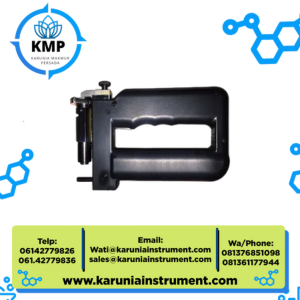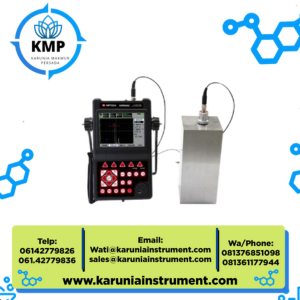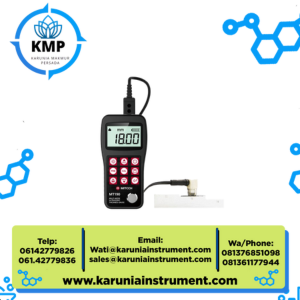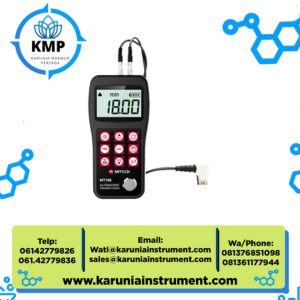Mitech MDW-ZJ Electrical Webster Hardness Tester
Product Description
The Mitech MDW-ZJ Electrical Webster Hardness Tester is a digitally controlled portable instrument designed for fast, accurate, and non-destructive hardness testing of aluminum and aluminum alloys. Available in various models—MDW-ZJ6x, MDW-ZJ10x, MDW-ZJ15x, and MDW-ZJ20x—this device combines an electric micro-motor system with digital display technology to provide precise readings at the push of a button.
With its advanced automation, ergonomic design, and high portability, the MDW-ZJ eliminates operator fatigue associated with manual indentation while ensuring consistent, repeatable results. It is a perfect solution for in-field inspections, production line testing, and quality assurance across industries where aluminum is widely used.
Key Features
-
One-button automatic measurement eliminates manual operation
-
High-contrast digital display for fast, easy reading of hardness values
-
Internal micro-motor applies constant pressure for reliable results
-
Built-in indenter protection mechanism reduces misoperations
-
Tool-free calibration allows quick and easy accuracy adjustments
-
Adjustable anvil spacing for compatibility with various workpiece thicknesses
-
Pre-pressing system ensures proper contact for accurate indentation
-
Lightweight and compact for easy transport and use in tight spaces
-
Durable design suited for long-term industrial use
-
Automatically powers off after 20 seconds of inactivity
Applications
-
Hardness verification in aluminum alloy production
-
Quality control in doors, windows, curtain walls, and construction profiles
-
Rapid on-site inspection of large or heavy aluminum components
-
Heat treatment process verification
-
Material consistency detection in mechanical parts
-
Government and third-party inspection and supervision
Working Principle
The MDW-ZJ performs hardness testing based on the indentation method. When the indenter contacts the surface of the material, it applies a standardized force to create a small indentation. The depth or resistance to indentation reflects the material’s hardness and is displayed in Webster Hardness (HW):
-
16 HW represents standard hardness
-
0 HW means the material is too soft
-
20 HW means the material exceeds the testing range
Readings can be converted to other hardness scales (HV, HR) using a conversion chart when necessary.
Operation Guidelines
-
Press and hold the switch for 1 second to power on (red light appears)
-
Insert the workpiece between the anvil and pre-pressing device
-
The device beeps and displays the hardness value automatically
-
Keep the unit stable during testing for best results
-
Release the switch to reset the measurement position
-
After 20 seconds of no use, the device shuts off automatically
Indicator Light Status:
-
Red (left): Power on and indenter lowering
-
Blue (right): Measurement in progress
-
Red (right): Indenter returning to the initial position
Technical Specifications
-
Measuring Range: 0 ~ 20 HW (Webster Hardness)
-
Resolution Accuracy: 0.5 HW
-
Operating Time: More than 48 hours of continuous use
-
Main Unit Weight: 0.65 kg
-
Package Dimensions: 31.5 × 21.5 × 8 cm
-
Total Shipping Weight: 2.07 kg
The Mitech MDW-ZJ is an essential device for any organization requiring accurate and efficient hardness testing of aluminum components in both laboratory and field environments.






Reviews
There are no reviews yet.